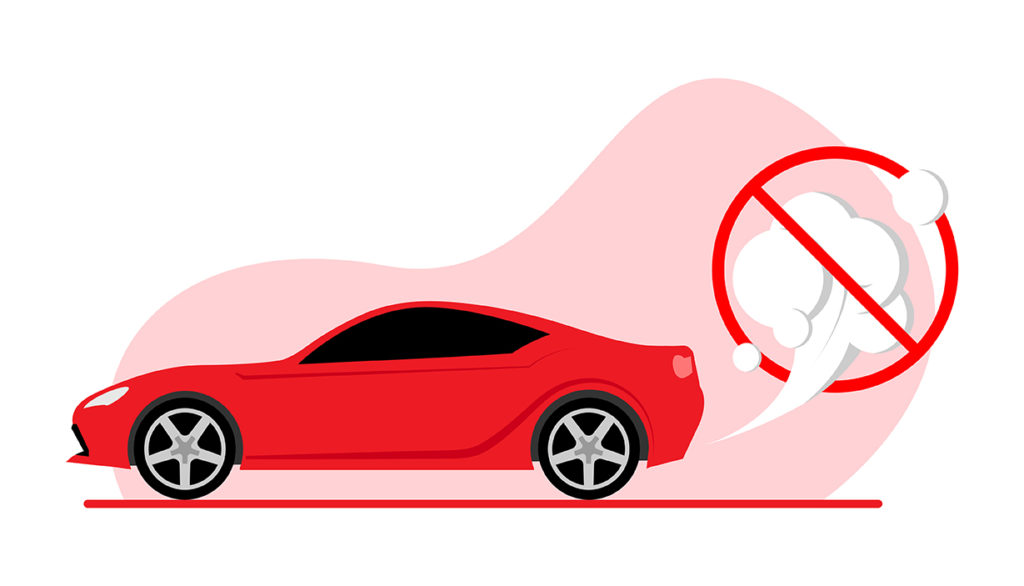The UK government will ban the sale of new ICE (internal combustion engine) cars from 2030. Hybrids, like the Prius, will be sold until 2035. As climate change puts the oil guzzlers out to pasture, what awaits us and fossil fuelled cars in the future?
Will Car Lovers Ever Learn To Love Again?
Motor enthusiasts will be heartbroken that the sale of their beloved diesel and petrol cars will end. We knew it was coming, but the grieving process is still a painful one for many of us. Even worse for the prognosis, environmental activist and national treasure David Attenborough has agreed to be the face of the transition. A forward step for climate change, but a tear on the cheek of Britain’s car enthusiasts.
Most major car manufacturers are moving steadfastly in the direction of hybrids, with high-end car companies looking to capitalise on the buzz around ‘end of an era’ models and limited editions. Car companies may as well make hay while the sun shines; once 2030 comes around, everything will change.
It creates an unusual prospect for car collectors and vintage car enthusiasts. ICE cars will become instantly more valuable and collectable in a way that disrupts the traditional ebb and flow of collector behaviour.
There will likely be an explosion of classic ICE cars converted to run electric for those wanting to embrace the best of the old and new. Converting fossil-fuelled vehicles to electric, however, is no easy feat. Unless car manufacturers or dealers take the initiative (and cost), only collectors with deep pockets will be able to convert their vehicles.
Additionally, motor enthusiasts have made it clear that there is a style component missing in many new electric car models. The focus appears to be on efficiency and not aesthetic. The lack of ‘distinctive designs’ for electric cars means that electric-converted classic cars are the clear choice for tomorrow’s car lovers.
What Will Happen After The 2030 Legislation Comes Into Effect?
The government has not given an outline to how the ban will work, simply that the date is set for 2030.
Just because the sale of new ICE cars will be outlawed it doesn’t mean that demand for diesel and petrol cars will disappear overnight. Motorists are life-long users of the internal combustion engine and won’t be thrilled about a sudden change to electric.
Industry experts predict that there will be a surge in demand for ICE cars from those reluctant to make the change. In fact, people are likely to spend more to get their hands on a reliable and long-lasting fossil-fuelled car before the ban takes hold.
Petrol and diesel will still be sold in petrol stations for years to come. Technology for transitioning HCV (heavy commercial vehicles) to electric is not on par with car technology. Also, retailers will sell new hybrid cars until 2035, so plenty of fuel will still need to be available.
Car companies have long been forecasting the changes that governments will enforce and are rapidly changing their business models with promising prospects. Jaguar Landrover just announced it intends for all of its models to be fully electric by 2025, in an attempt to become the UK’s equivalent to Tesla. Ford also recently released details of plans for a full electric switch over in time for the 2030 deadline.
Is The Government Overly Optimistic?
As we’ve mentioned before, the infrastructure of electric cars needs to drastically improve in order for an electric-only motoring world to run as normal. For people that live in flats or terraced houses, home-charging will not be practical.
The Department of Transport has announced that they will publish a ‘Green Paper’ on the post-EU plan for CO2 emissions for new vehicles.
There will also be a consultation to specify the meaning of ‘significant zero-emission capabilities’, outlining what vehicles can and cannot be sold between 2030 and 2035. This is important because many drivers looking to replicate their experience with ICE vehicles will look to hybrids to delay their electric transition. This action by governments is an excellent step for climate change but a big blow to those not ready to let go of the fossil-fuelled ICE engine just yet.


